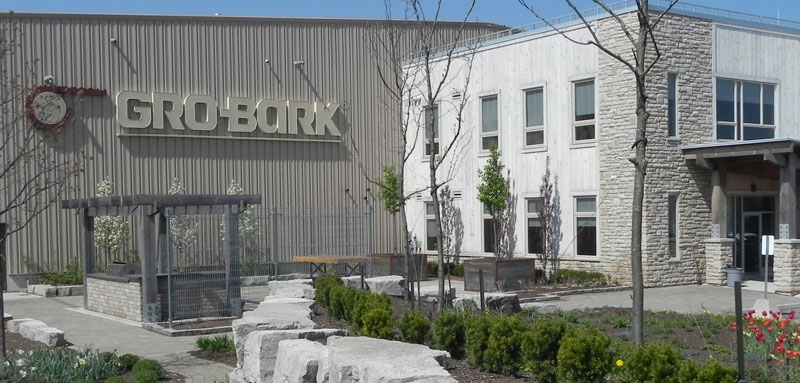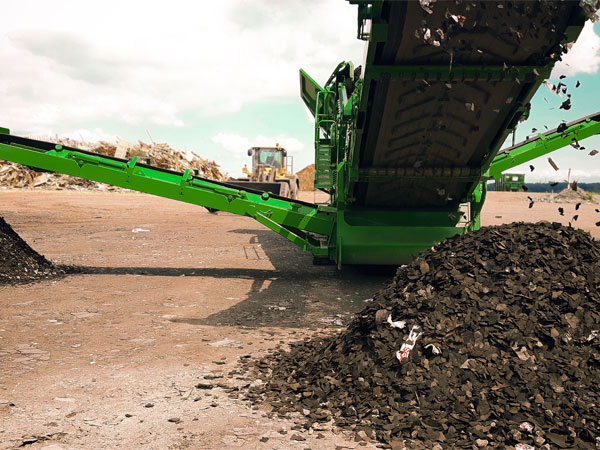Alternative Low Carbon Fuels
Powering operations with cleaner fuel options.
We help industries reduce their greenhouse gas emissions by offering more efficient and sustainable fuel options. The resource recovery area of our Niagara landfill site accepts waste wood and used railway ties for use as biomass fuels.
RAILWAY TIES REACHING RENEWABLE ENERGY GOALS
Fuel from railway ties known as bio-carbon augments higher moisture fuels and acts as an alternative to coal. This helps biomass boilers operate more efficiently and reduces methane emissions that would occur if the ties were left in the landfill. Manufacturers can benefit from carbon offsets by replacing a portion of coal with bio-carbon in their coking process. The results:
- Reduced industry usage of fossil fuels
- Reduced greenhouse gas emissions
- Diversion of thousands of tonnes of waste from incinerators and landfill
- Manufacturers become more competitive and environmentally sustainable
We have a longstanding commitment to monitoring our carbon emissions and we implement measures to affect change at every level of our processes.
DIVERTING WASTE WOOD FROM LANDFILL WITH BIOMASS HOG FUEL
Instead of heading to landfill, waste wood resulting from our grinding process that can’t be used for mulch or compost is considered biomass hog fuel. Hog fuel is a wood byproduct handled by our Gro-Bark® brand that can be turned into a renewable fuel source. Our customers use hog fuel as feedstock for greenhouse burners.
Associated Brands

Providing sustainably sourced bulk soils and mulches. Natural mulch and soil, growing media and soil amendments. Grinding and processing waste wood for hog fuel as a low carbon fuel alternative.

Offering a wide range of services including composting, biosolids management, grease trap cleaning and wood grinding leading to greener outcomes. Transforming organic waste into fertilizers, mulch, compost and alternative low carbon fuels.